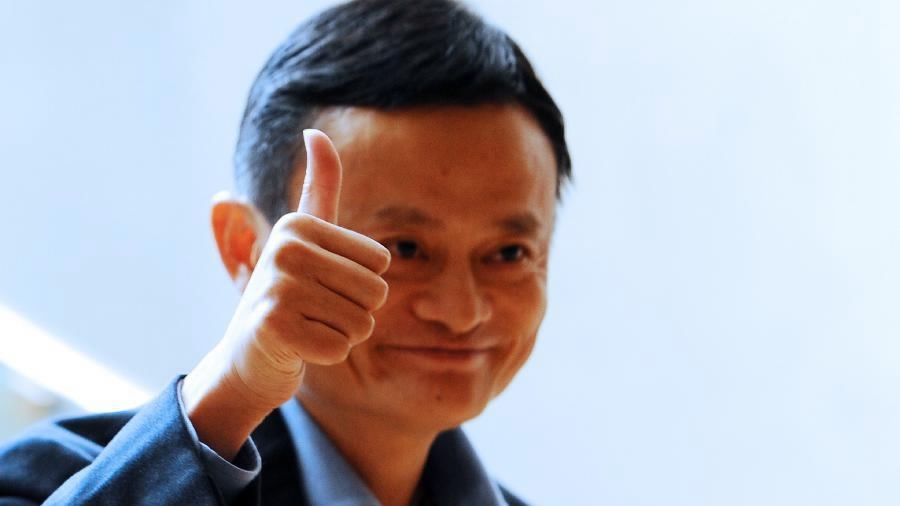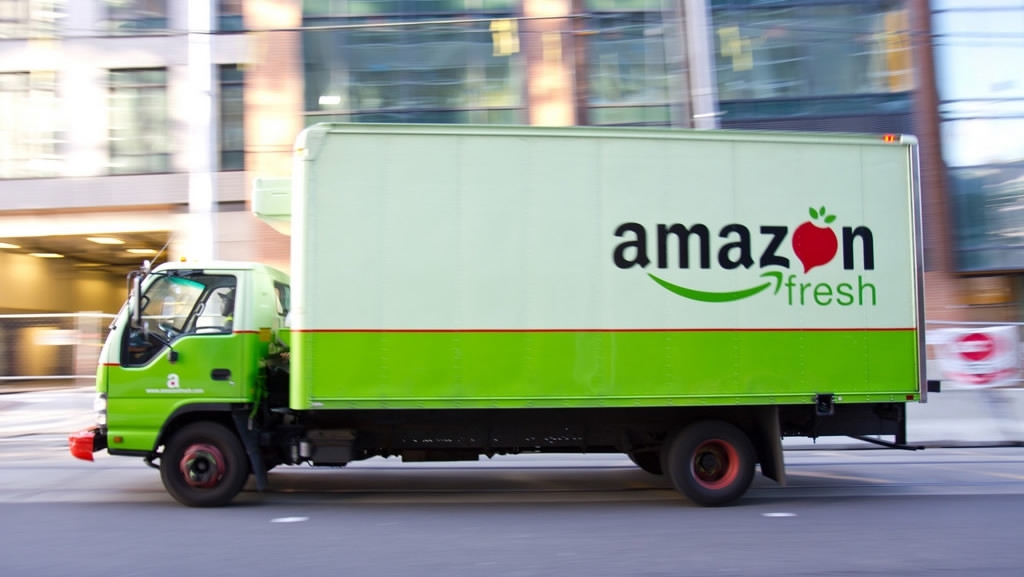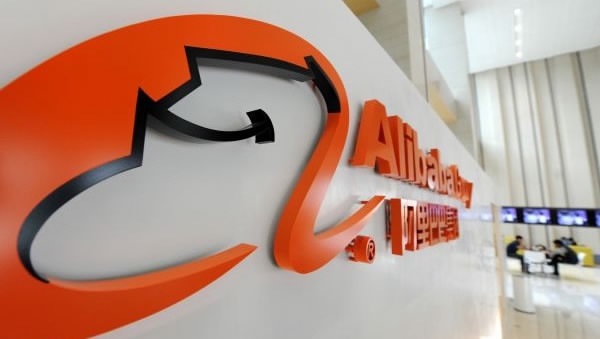
China
16:48, 25-Sep-2017
Can Alibaba become the world's biggest Internet mega cap?
By CGTN's Song Yuanyuan

At the close of the stock exchange last Friday, Amazon’s stock was valued at 456.5 billion US dollars, while Alibaba’s was 450.7 billion US dollars, both racing to the 500 billion US dollars market cap.
Just two months ago, the market value gap between the two was around 100 billion US dollars. Both companies have seen tremendous growth, Amazon’s stock has increased about 30% this year, while Alibaba’s stock has nearly doubled. This rate of growth gives Alibaba the chance to surpass Amazon as the world’s largest e-commerce company by market cap.
According to Euromonitor, in 2016, Alibaba topped China’s e-commerce market with 47% share, JD ranking was second with 20% share, and Amazon was only 1.3%. Outside of China, Amazon tops the market shares in the US, Japan, UK, France and Germany.
“Alibaba, best fundamentals of the mega-caps”
Though Alibaba’s share price has nearly doubled, some Wall Street analysts have raised the target for Alibaba’s share price, taking into account its enhanced cloud computing revenue, the market value of the its affiliated companies, Ant Financial, Cainiao Guoguo, and Hema supermarkets.
In a recent report, MKM Partners raised its return expectations for Alibaba over the next year, declaring that the Chinese e-commerce company has the “best fundamentals of the Internet mega-caps.”
MKM managing director Rob Sanderson wrote, “We think [raising estimates] is warranted because of +50% organic growth in the segment, strong secular trends, dominant market position and +60% margin.”
Alibaba has an edge in the grocery business
As for Amazon, its cloud computing business is also growing fast. Analysts predict its revenue will grow at a rate of 20% year-on-year during the next 8 years. In addition, Amazon started its official purchase of Whole Foods Market, in a deal valued at $13.7 billion last month, and this will also significantly expand its market.

Photo from Public Pool
Photo from Public Pool
As the two giants expand into similar type of businesses – groceries, original content and the cloud – they are often compared to each other. However The Street argues that Alibaba has the edge when it comes to the grocery business, stating that “Amazon should be called the Alibaba of the U.S. because it’s playing catch up.”
“While Amazon has grand plans to update Whole Foods’ stores with technology, improved logistics, and a food delivery network, Alibaba has already been there and done that. The Chinese e-commerce giant has been updating the food shopping experience in China with its Hema grocery stores for the past two years.”
Jack Ma: “Alibaba is not an e-commerce company, but e-commerce enabler”
A few days earlier, Jack Ma, founder of executive chairman of Alibaba, was asked about competition with Amazon again at the Bloomberg Global Business Forum in New York City. Ma said, “Amazon is an e-commerce company, very successful, and we respect it a lot. But Alibaba is not an e-commerce company, it is an e-commerce enabler for small businesses and e-commerce infrastructure builder. Our job is to enable more companies.”
“I spend very little time studying how we compete with Amazon, but how we can learn from Amazon, to empower more business to become like Amazon and [become] more efficient on the Internet.” Ma stressed.

Xinhua Photo
Xinhua Photo
On many public occasions, Ma has reiterated Alibaba is an e-commerce ecosystem for businesses; they are not globalizing Alibaba but globalizing e-commerce to make business more cost-effective.
Where is the winning battle going to be?
Analysts point out that the two will work harder on cloud computing in the future. According to their latest fiscal report, Amazon Website Service’s (AWS) revenue is 4.1 billion US dollars, 13.48% of the total revenue came from its second fiscal quarter of 2017, while Alibaba cloud’s revenue is 0.36 billion US dollars, close to 5% of the total revenue in its first fiscal quarter of 2018. However, Alibaba’s cloud revenue has increased 96% compared with the same period last year, much higher than AWS’s 42%.
The two are also stepping up in terms of seizing overseas market share. Alibaba has already invested in Paytm and Snapdeal in India, and it’s likely that Amazon will top India’s e-commerce market within a couple of years.
“As for overseas market expansion, Alibaba differs from Amazon in that, the former looks for emerging markets where small and medium businesses and entrepreneurs need a platform like Alibaba, while the latter has traditional resources of connecting with large-scale enterprises and big international brands in developed economies among middle to high-income popularity," said Dr. Qu Qiang, a senior financial commentator and research fellow at the International Monetary Institute of Renmin University.
“Besides southeast Asia is where the two are already carving out parts. Africa, will soon be a very important market with great growth potential, whoever takes the African market, will be the winner,” Dr. Qu added.

SITEMAP
Copyright © 2018 CGTN. Beijing ICP prepared NO.16065310-3
Copyright © 2018 CGTN. Beijing ICP prepared NO.16065310-3